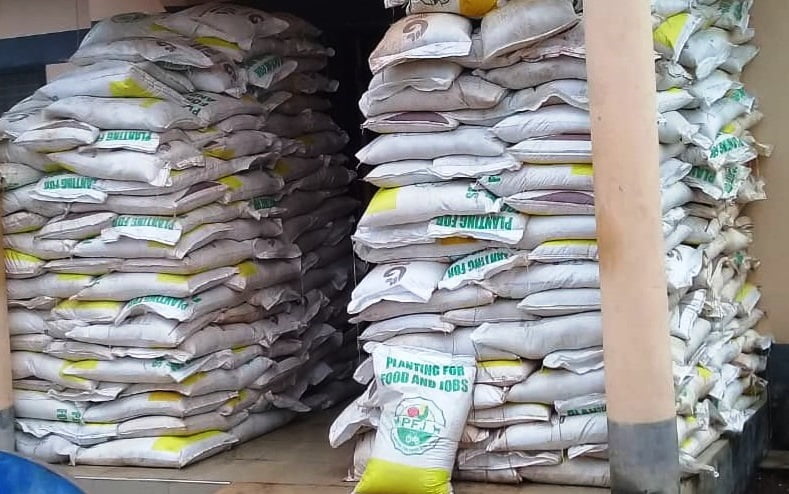Starting this year, the Ministry of Food and Agriculture (MoFA) will adopt a value chain approach instead of subsidies for fertilisers, seeds, and other inputs. Under this new system, aggregators known as out-growers will procure government-supplied inputs and distribute them to member-farmers.
This shift marks an alternative method of supporting farmers, contrasting the previous Planting for Food and Jobs (PFJ) system where the government subsidised seeds and fertilisers for all farmers and made payments to input distributors. The government plans to allocate approximately GH¢660 million to the PFJ program in the 2023 implementation year, according to the national budget.
The introduction of the value chain approach is expected to intensify competition among fertiliser distributors, as their products will no longer be subsidised but sold on the open market.
Dr. Charles Nyaaba, Executive Director of the Peasant Farmers Association of Ghana (PFAG), welcomed this development and mentioned that the association had long advocated for an alternative livelihood system to replace the corruption-ridden PFJ.
Dr. Nyaaba alleged that some fertiliser distributors were awarded contracts under the PFJ without merit, based on favouritism and questionable deals. Aggregators will now have the freedom to choose distributors on the open market based on factors such as quality and pricing.
By adopting the value chain approach, the Ministry aims to address the shortcomings of the previous system and provide farmers with access to quality inputs while supporting government initiatives. This new approach brings potential benefits and challenges, as the agricultural sector moves toward a more market-oriented model for input distribution.
Speaking to Mark Smith on the Day Break Upper East Show, Dr. Nyaaba said, “subsidy in general is not bad but you will agree with me that our implementers of the previous PFJ abused the subsidy. We say they abused it because, there were instances, when we did the research, where somebody who supplied, let’s say 2,000 bags of fertilisers would report to the Ministry of Finance that they supplied 10,000 bags of fertiliser. They then take the 8,000 bags worth of subsidy components and put it in their pocket. That is taxpayers money. We are also aware of inferior products that were supplied under PFJ. Under normal circumstances, they wouldn’t have got anyone to buy them but farmers were compelled to buy them because they were cheaper.”
Source: A1radioonline.com|101.1MHz|Mark Kwasi Ahumah Smith|Ghana


